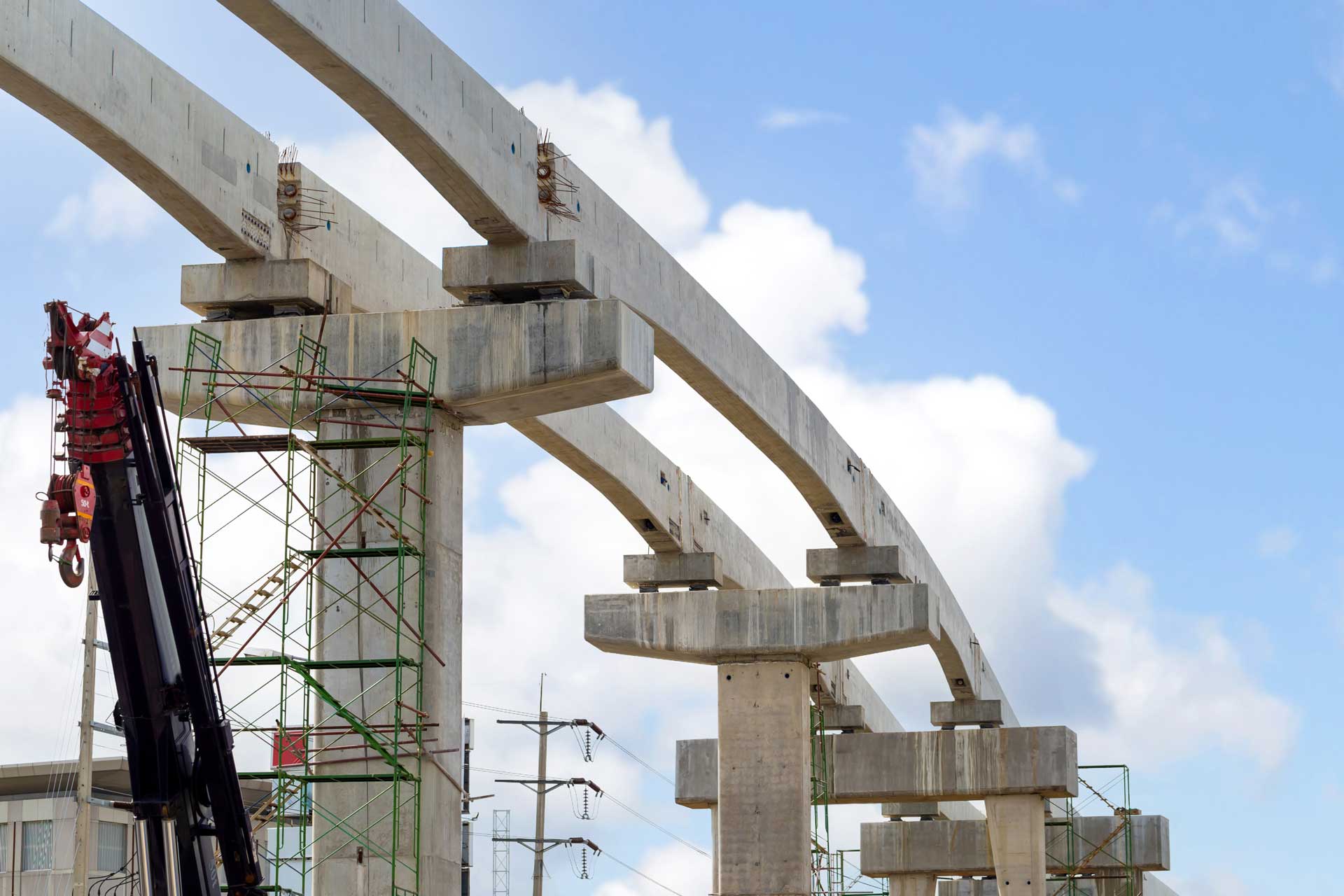
2022 didn’t get off to a great start, with yet another COVID surge in year three of the pandemic, which continues to impact everything from health care to supply chains. It’s not easy finding a silver lining, but the Bipartisan Infrastructure Bill signed into law last November offers more than a glimmer of hope nationally, for New York State, and in the Hudson Valley – especially for those in the construction industry.
At its essence, the law moves beyond the pandemic to focus on building a stronger, more competitive country for generations to come. Now is the time to get acquainted with it, so you’re prepared to make the most of this once in a lifetime investment in the Hudson Valley’s infrastructure and future.
What the Infrastructure Law Means to the U.S.
The $1.2 trillion law has money for everything from roads, bridges, railways, and highways to clean water, a stronger power grid, internet, climate change, and more. It includes 375 programs, of which 125 are new. Of the $1.2 trillion budget, $550 billion is new spending. There’s also $650 billion in previously authorized funding for roads and other infrastructure. About 60% of funds will be issued through formulas; the balance will be available through competitive applications.
What the Infrastructure Law Means to New York State
According to a White House Infrastructure Investment and Jobs Act State Fact Sheet for the state, over five years New York can expect to receive funds to:
- Repair and rebuild roads and bridges. With a focus on climate change mitigation, equity, and safety for all – including cyclists, pedestrians, and low-income communities, New York is slated to receive $11.6 billion for federal highway programs and $1.9 billion for bridge repairs and replacements based on formula funding alone. The state can also compete for $12.5 billion through the Bridge Investment Program and almost $16 billion for major projects delivering substantial economic benefits to communities.
- Improve healthy, sustainable transportation options. From formula funding, New York may receive $9.8 billion to improve public transportation.
- Build EV chargers for long distance travel and convenience. $175 million will be provided via formula funding to expand the EV charging network in the state and there will be the opportunity to compete for $2.5 billion in grant funding.
- Connect every New Yorker to reliable, high-speed internet. New York will receive a minimum of $100 million to help provide broadband coverage across the state. This includes providing internet service to more than 185,000 New Yorkers who currently lack access and helping low-income families afford internet service.
- Prepare for the impacts of climate change, cyberattacks, and extreme weather. Based on historical formula funding, New York may receive $34 million to protect against wildfires; $28 million to protect against cyberattacks; and a $3.5 billion national investment in weatherization which will reduce energy costs.
- Deliver clean drinking water to every New Yorker and get rid of lead service lines and pipes. Based on the traditional state revolving fund formula, New York may receive $2.6 billion to improve water infrastructure and ensure clean, safe drinking water for all communities. (In January, Governor Hochul announced $66 million in projects to improve drinking water and water infrastructure.)
- Upgrade airports for the 21st New York will receive approximately $685 million for infrastructure development at airports.
What the Infrastructure Law Means to the Hudson Valley
Some of what’s expected to reach our local communities includes $12 million for Stewart International Airport; $1 million to Columbia County airport; and $800,000 to Orange County Airport and the Hudson Valley Regional Airport. Villages like Newburgh will likely benefit from state monies earmarked to replace lead pipes and service lines and combat contaminants. Commuters and towns will benefit if Metro-North receives some of the $11 billion going to the Metropolitan Transit Authority. Plus, there are eight bridges in the Hudson Valley slated for upgrades (with funding from Bridge NY and the new law). That’s just to start.
U.S. Senator Charles E Schumer’s office indicated, “The deal is the largest federal investment in history for upstate airports, water, transit, broadband, trains, bridges and roads.”
U.S. Representative Sean Maloney added, “Every penny spent is about infrastructure of course, but it’s really about growing our economy and jobs.”
RBT CPAs is tracking developments related to the Infrastructure Law so we can help clients in construction and government maximize forthcoming opportunities. If you have any questions or need advice to prepare for all things financial related to the law, contact your partners at RBT CPAs – we’re always here to help.
Sources: Build.Gov, Times Union, National Law Review, Forbes, ThomasNet, News 12, Brookings.Edu
